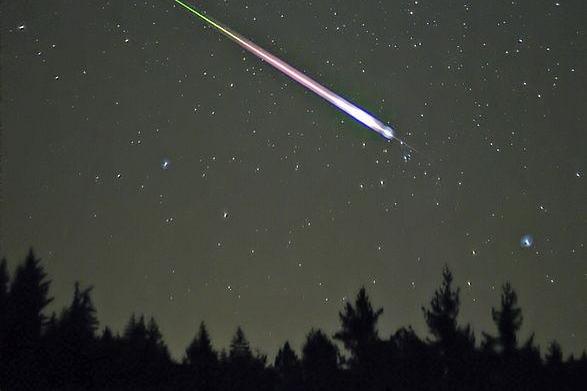At last, researchers have discovered credible evidence of someone killed from the fateful fall of a meteorite, reports Science Alert.
Multiple documents from August 22, 1888, and found in the General Directorate of State Archives of the Presidency of the Republic of Turkey claim a falling meteorite hit and killed one man, and then paralyzed another in what’s now called Sulaymaniyah, Iraq.
Researchers say this is the first-ever known proof of death from a genuine meteor strike. And the documents also hint at the existence of supplemental meteor death material hiding in the depths of archives, awaiting their first read in what could be more than a century.
It’s apt to note that the Earth is not a human-centric fortress, and — despite the rise of the Anthropocene — it’s also sobering to note that millions of meteors per day strike the Earth’s atmosphere. While most of them die, no one wants the few that make it through to kill people. But with 17 meteors possibly making landfall every day, it’s bound to happen eventually.
This is why the lack of recorded deaths-by-meteor baffled many, as historical records have had nothing to say on the matter.
Chelyabinsk meteor explosion killed no one
Even the cataclysmic fall of the Chelyabinsk meteorite in 2013 — which dramatically exploded in the atmosphere and rained chunks up to 654 kilograms (1,442 pounds) — killed no one; all reported injuries were from the shockwave, not the meteorite itself.
A 1951 paper published in Popular Astronomy argued that the difficulty in providing historical evidence “arises not from any dearth of apparently relevant incidents but chiefly from the lack of material evidence that the missiles involved in the accidents were genuinely meteoric and the impossibility of subjecting to critical questioning either survivors or eyewitnesses of the sensational events described.”
One man died in a 2016 explosion, in India — and it was widely reported as the first death by meteor. However, NASA experts rebutted that the explosion was not of extraterrestrial origin.













